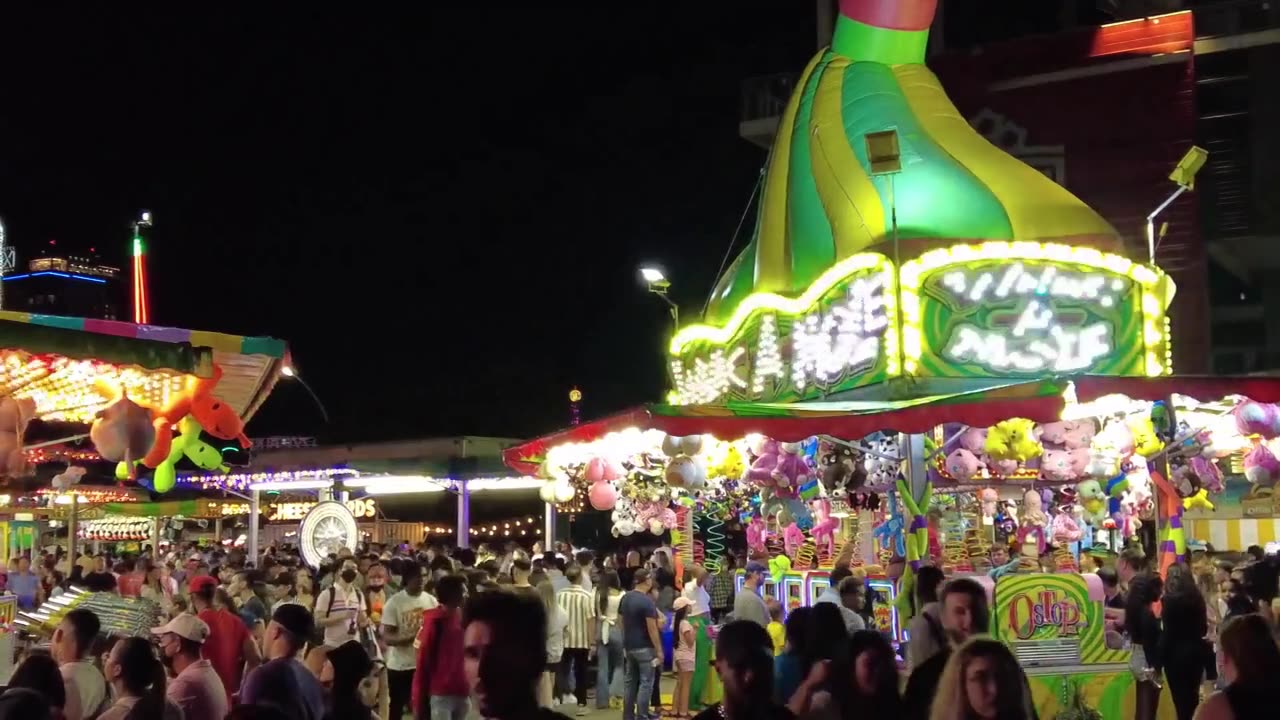Premium Only Content

Time’s Secrets Unveiled: Study Challenges How We Perceive Time
Our brain measures time by counting experiences, not by following a strict chronological order.
A new study by a team of UNLV researchers suggests that there’s a lot of truth to the trope “time flies when you’re having fun.”
In their study, recently published in the journal Current Biology, the researchers discovered that our perception of time is based on the number of experiences we have, not on an internal clock. Additionally, they found that increasing speed or output during an activity appears to affect how our brains perceive time.
“We tell time in our own experience by things we do, things that happen to us,” said James Hyman, a UNLV associate professor of psychology and the study’s senior author. “When we’re still and we’re bored, time goes very slowly because we’re not doing anything or nothing is happening. On the contrary, when a lot of events happen, each one of those activities is advancing our brains forward. And if this is how our brains objectively tell time, then the more that we do and the more that happens to us, the faster time goes.”
-
 1:06:33
1:06:33
TheCrucible
3 hours agoThe Extravaganza! EP: 27 with Guest Host: Rob Noerr (8/26/25)
21.1K3 -
 DVR
DVR
GloryJean
10 hours agoHide & Seek Tournament w/ Spartakus, StoneMountain64 & Stevie
11.3K -
 LIVE
LIVE
Reidboyy
6 hours ago $0.20 earnedNEW FREE FPS OUT ON CONSOLE NOW! (Delta Force = BF6 with Killstreaks)
22 watching -
 1:37:26
1:37:26
Redacted News
4 hours agoHIGH ALERT! DID UKRAINE JUST DECLARE WAR ON HUNGARY? ZELENSKY DEMANDS MORE CASH FROM NATO | REDACTED
157K108 -
 LIVE
LIVE
Akademiks
7 hours agoDrake got finessed w/ Fake Chain? Drake vs hip hop media. Cardi B in court. Did Young thug SNITCH?
859 watching -
 9:00
9:00
Zach Humphries
1 day ago $0.46 earnedXRP and CARDAO working together now?
13.4K1 -
 58:42
58:42
Sarah Westall
4 hours agoIt’s Big Big Money – Trafficking People is Intertwined in Business & Politics w/ Natly Denise
24.9K5 -
 LIVE
LIVE
LFA TV
14 hours agoLFA TV ALL DAY STREAM - TUESDAY 8/26/25
830 watching -
 1:49:34
1:49:34
The Quartering
7 hours agoToday's Breaking News With Melonie Mac & Hannah Claire Brimlow!
173K203 -
 23:16
23:16
Jasmin Laine
5 hours agoCarney HUMILIATED by German Reporter—CTV Host Laughs as Liberals Get DESTROYED on Air
22.4K17